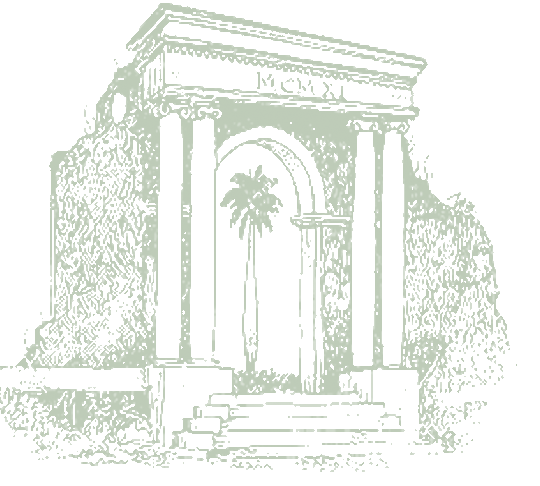After determining whether the UPRM research, service or teaching activity is considered export controlled, the next step is to determine whether it requires licensing, or if it qualifies under one of the exclusions or exemptions from the application of export control licensing available to U.S. universities. The exclusions and exemptions available for members of our community are Fundamental Research Exclusion, Publicly Available / Public Domain Exclusion, Education Information Exclusion, and Exemption for Disclosure to Bona Fide Full-time Employees. The first three are exclusions under both ITAR and EAR. The Education Information exclusion is only available in EAR. The Employment exemption is only available in ITAR.
-
Fundamental Research exclusion covers basic and applied research that is free from restrictions on publication and involves information that is not subject to any access or dissemination controls. University research will not qualify as fundamental research if the UPRM accepts any restrictions: (1) publication of information resulting from the research, other than limited prepublication reviews by sponsors, or (2) on the participation of foreign nationals in the research work. This exclusion applies only to the dissemination of research data and information not to the transmission of material goods. To be eligible for the fundamental research exemption, the research must take place at an accredited institution in the United States. Physical goods, software, encryption, research with no intention to publish results, or investigation conducted outside the U.S. does not qualifies for the Fundamental Research Exclusion.
-
The Publicly Available / Public Domain exclusion covers information and research results already published, publicly available, and where no license is required for access to this information by foreign nationals. Examples of publicly available sites are libraries, bookstores, newsstands, trade shows, meetings, seminars in the U.S. open to the public, published in certain patent applications, websites accessible to the public and courses of a general nature listed in the university catalog.
-
General scientific, mathematical or engineering principles commonly taught in academic institutions qualify as Education Information Exclusion even if foreign nationals are enrolled.
-
In the Exemption for Disclosure to Bona Fide Full-time Employees, also known as the Employment exemption, ITAR license is not required to share information subject to export control laws if the foreign national is a full-time bona fide UPR employee, is not a national of certain banned countries, has a permanent address in the U.S. while employed at the UPR, and has been informed in writing not to transfer information to other foreign nationals of listed banned countries defined in 22 CFR 126.1. This exclusion does not apply to graduate and undergraduate students. Link to the list of banned countries is available on the R&DC internet site o through the office of the Export Control Compliance Officer.
If you have any questions regarding export control license exceptions please contact Dr. María Amador-Dumois, Interim Export Control Officer & Associate Director, Research and Development Center, at extension 5250 and via e-mail at exportcontrols@uprm.edu.


